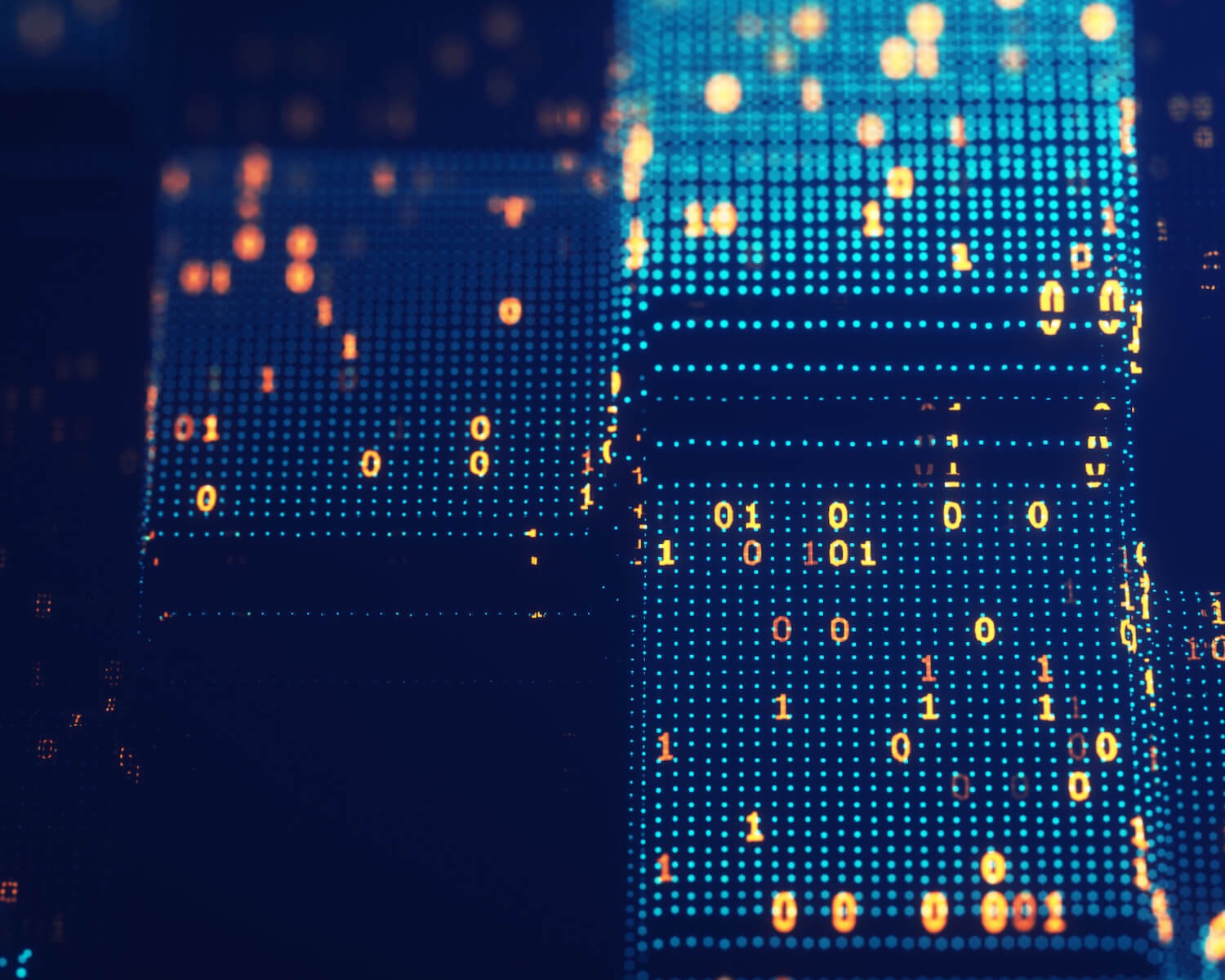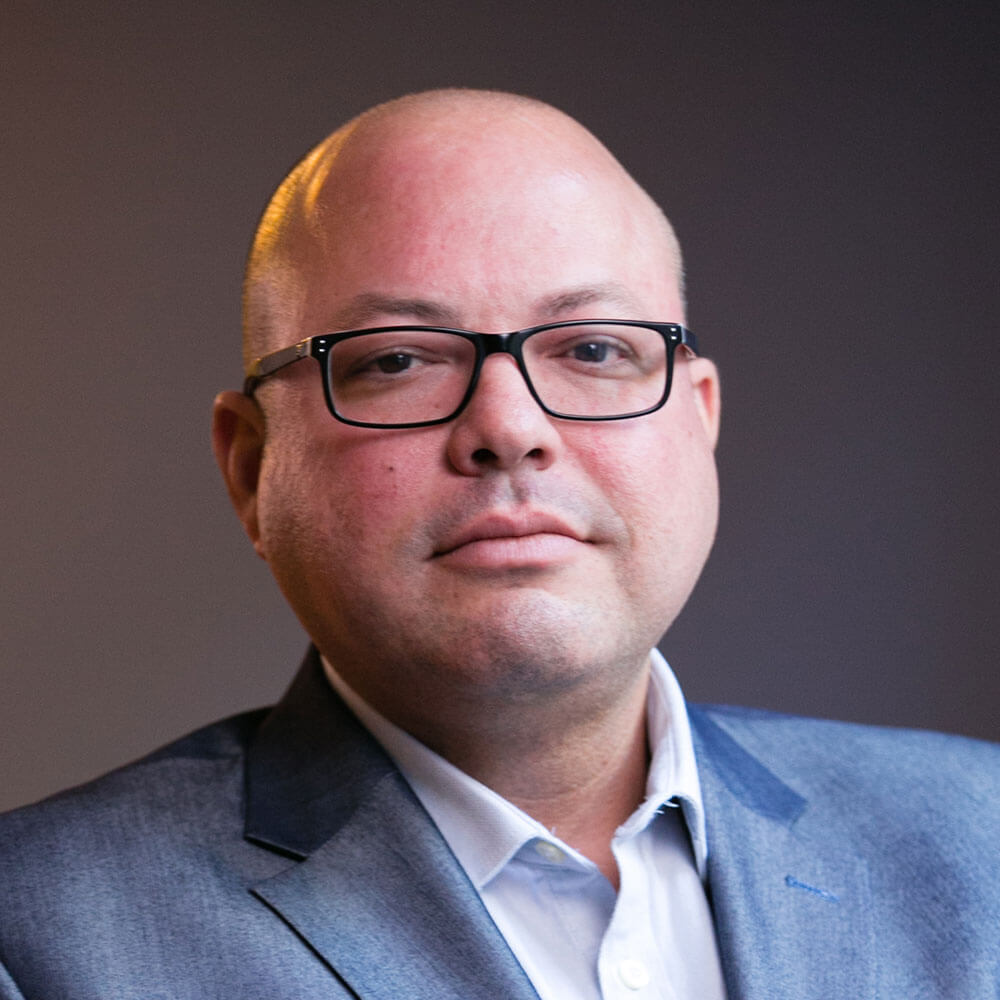Posted January 12, 2024
By Ray Blanco
Filtering Out Fake News
I’m going to level with you: I’m biased.
And so are you.
It’s impossible for someone that interacts with the world they live in to not be.
I make sure I do my homework before I believe something I’ve read. But I admit that I do a little more when I don’t like what I’m reading.
“Facts” that align with what I already believe to be true click into place a little easier than ones that challenge my understanding of something.
This is because I’m human. As is everyone who reads the news, and most (as of ChatGPT) of those that write it.
And it’s why the Fake News problem is unsolvable. At least it was until now…
“Fake News” is a term that erupted in popularity during the 2016 Presidential election.
It was used so frequently by the candidates, pundits, social media, and anyone else with a TV, that it almost immediately lost all meaning.
Initially used to refer to coordinated news manipulation by foreign actors, it was quickly co-opted to refer to politically motivated slander that may, or may not, have been backed up by facts.
Within weeks, everything under the sun was “fake news”.
And they weren’t wrong…
If it’s written by a person, it is tainted with bias.
Not only those dealing in BS, but the people calling BS as well. Everyone had, has, and will always have an agenda. It’s all fake news to some degree, and it always has been.
So what do we do? Stay uninformed? Treat everything like entertainment? Hit the streets and do your own investigative reporting?
If you want the 100% pure truth about a new medical treatment, in order to avoid bias you’d need to throw out the entire history of medical research and go back to before germ theory. Go back even before the answer for any ailment was to balance your four humors.
You would need to start testing infectious diseases in your own homemade lab, not taking anything for granted. Making sure you completely sequester yourself from the media, as well as your friends and family to make sure your results are free from bias.
This will mostly remove human bias on your hunt for “Real News”, but not totally.
Unfortunately you’ll have to dedicate your entire life to figuring out this one thing.
But luckily that probably won’t be too long, considering that you’re ignoring all of the precautions people before you have figured out regarding handling potentially infectious organisms.
So if you’re not willing to sacrifice everything to avoid bias, what’s the next best thing?
If you fact-check, then you’re already doing more than most people.
But considering only the facts, even if they are actually the facts, still may not be enough to come away with the unbiased truth.
Consider the following hypothetical…
I tell the police that I heard a loud gunshot, then that I saw a man running full speed down a city street. I give an exact description of the man and they make an arrest.
No part of what I said was a lie, but…
I left out the fact that the city street was closed for a charity marathon, the gunshot was from a starter pistol, and the man I described was one of five hundred people with bib numbers that were running as fast as they could.
Just because you’re telling the truth, it doesn’t mean you’re not lying…
Giving In
At some point, you have to believe someone.
Most people go with their guts.
But as Nick Hornby said in his novel High Fidelity…
“I've been thinking with my guts since I was fourteen years old, and frankly speaking, between you and me, I have come to the conclusion that my guts have s*** for brains.”
If our brains can’t sort something out, we definitely can’t trust any other organ to do it.
Do you trust professional fact checkers?
After all, they’re putting their livelihood on the line by saying whether or not something lines up with the “facts”.
Well, whether they take it seriously or not, they’re humans who are doing the legwork and they can’t turn off their bias.
Does something sound “off” to the fact-checker?
Unless they were a robot, they’ll likely be motivated to check an extra source or two that they wouldn’t have checked if their Bias Alarms weren’t set off.
Unless they were a robot.
A phrase that wouldn’t have sounded anything like a realistic solution a little more than a year.
In a post-ChatGPT World, it’s now more common to hear “Why can’t a robot do it?”.
There is a long list of jobs that an artificial intelligence could potentially do better than a human, but in the case of culling out fake news, it’s a job that humans can not do.
Companies like Blackbird.AI are using AI to combat the rising issue of fake news in a way that isn’t also just as prone to bias.
Blackbird.AI uses proprietary algorithms to identify five “risk signals” indicating fake news:
- Narratives
- Networks
- Cohorts
- Manipulation
- Deception
Using these markers, news that’s being coordinated by a group of bad actors can be flagged and tracked to its source.
Being able to detect narrative manipulation, Blackbird.AI can protect businesses, politicians, and the population as a whole from the spread of malicious lies.
This is one job that I hope AI takes from us emotion and biased humans as soon as possible.

AI Gets Political
Posted January 17, 2024
By Ray Blanco
Should I Buy Bitcoin?
Posted January 11, 2024
By Ray Blanco
Live From CES in Vegas!
Posted January 10, 2024
By Ray Blanco
Bigger Than Bitcoin
Posted January 09, 2024
By James Altucher
Visions Of The Future
Posted January 08, 2024
By Ray Blanco

